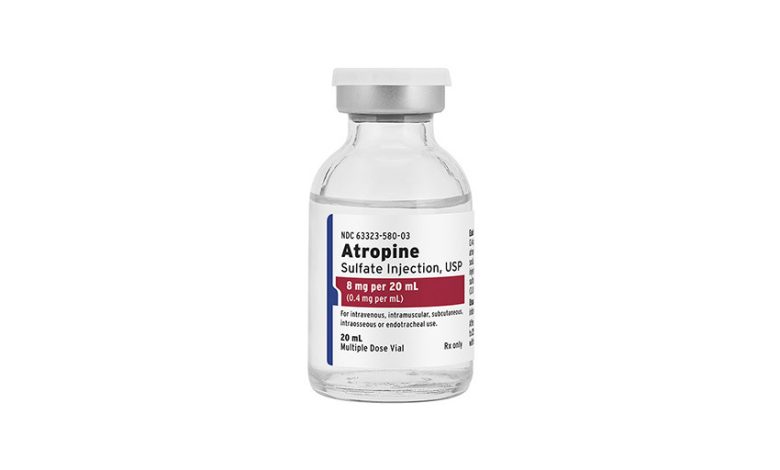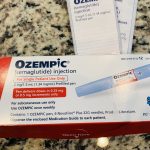These 7 Drugs Are Currently Scarce

Of the hundreds of ongoing drug shortages in the U.S., some of the most concerning cases involve lifesaving cancer medications, and it is alarming that 14 of these drugs are among the 20 most commonly prescribed medications. The scarcity of these drugs poses a significant challenge to healthcare providers and patients alike.
Here are the details of seven drugs that are currently in shortage, as reported by the FDA and the American Society of Health-System Pharmacists (ASHP):
1. Atropine sulfate injection: This medication is used to temporarily block severe or life-threatening muscarinic effects. As of mid-June, four solutions of atropine sulfate injection are in limited supply, while a majority of the 19 solutions listed on the FDA’s website are still available.
2. Cisplatin injection: The FDA reported a shortage of cisplatin injection on June 5. Between 10 and 12 solutions of cisplatin are currently unavailable, with five solutions having gone into shortage as early as January. Two drugmakers estimate resupply dates for July, and Teva Pharmaceuticals predicts a full recovery by the end of 2024. Distressingly, 70% of cancer centers in the U.S. have recently reported insufficient supplies of cisplatin.
3. Enalaprilat injection: Hikma Pharmaceuticals currently has one solution of enalaprilat injection available, while another is on back order until August or September. This medication is used to treat hypertension when oral medication is not a practical option.
4. Ferric subsulfate: Ferric subsulfate is a hemostatic medication, and as of June 7, two solutions of this drug are unavailable. CooperSurgical, one of the manufacturers, has cited difficulties in obtaining materials and anticipates resupply in late June. On the other hand, Gynex, the other company, has not disclosed a reason for the shortage or an estimated release date.
5. Lisdexamfetamine dimesylate: This medication, indicated for attention-deficit/hyperactivity disorder, is experiencing a shortage as of June 19. Takeda Pharmaceuticals has four available capsules, while three are in shortage. A manufacturing delay has led to 40 milligram capsules being on back order until late June or early July. Additionally, 60 milligram and 70 milligram capsules are expected to be in shortage until September. Fortunately, the chewable tablets of this medication are not affected by the shortage.
6. Neomycin and polymyxin B sulfates genitourinary irrigant: X Gen Pharmaceuticals reports a shortage of this drug used to prevent urinary tract infections in the bladder. Currently, one solution is back-ordered, and one is allocated. Unfortunately, there are no forecasted resupply dates available for this drug.
7. Rivaroxaban oral suspension: Janssen, the manufacturer, has one solution of rivaroxaban oral suspension on back order due to a quality issue. They estimate that the supply will return to normal levels in July. As of June 14, no presentations of this blood thinner are available.
These ongoing shortages of critical medications are a matter of great concern, as they can significantly impact the ability to provide adequate care for patients who rely on these drugs. Efforts are being made by manufacturers and regulatory authorities to address these shortages and ensure a stable supply of essential medications in the future.





